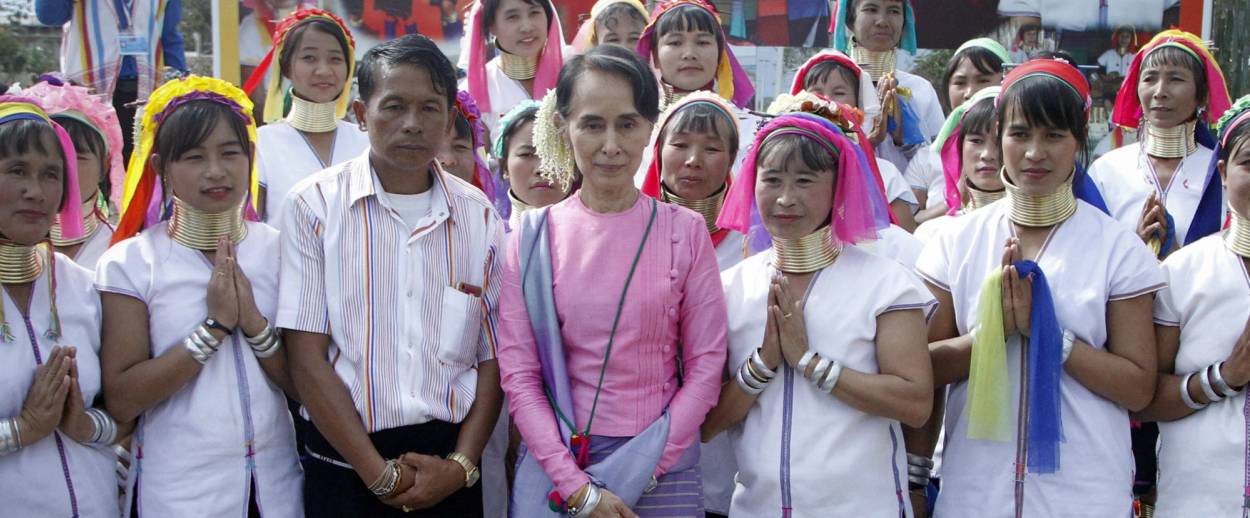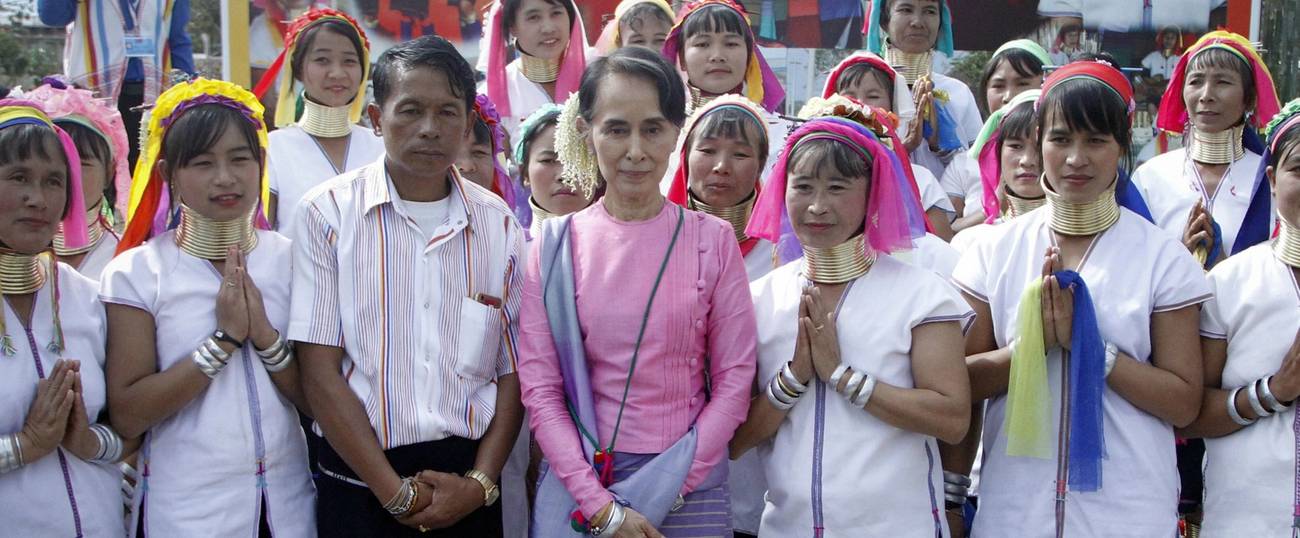The Holocaust Museum Is Revoking Its Award to Aung San Suu Kyi
The leader of Myanmar has been widely condemned for her seeming disinterest in the ethnic cleansing of the Rohingya minority in her country




For decades, Aung San Suu Kyi was regarded as an international human rights icon. Born in Myanmar (then known as Burma), Suu Kyi rose to prominence after her attempts to erode the power of the deeply unpopular military junta, which ruled the country. She spent fifteen years under house arrest between 1989 and 2010, and her continued efforts earned her numerous accolades as a democratically-minded reformer, a Nobel Prize among them.
But since Suu Kyi took power in 2016 as the State Counselor (the equivalent of a Prime minister), she has drawn fire from the same human rights groups that once honored her. Among them in the United States Holocaust Memorial Museum.
This week, the museum’s board announced that it has revoked the Elie Wiesel Award that had been given to Suu Kyi, “faulting her for failing to halt or even acknowledge the ethnic cleansing of her country’s Rohingya Muslim minority,” according to The New York Times.
The award is given annually to “an internationally prominent individual whose actions have advanced the Museum’s vision of a world where people confront hatred, prevent genocide and promote human dignity.”
However, over the last two years, the Rohingya minority in Myanmar has been the target of sustained ethnic cleansing. Thousands have been murdered by the military and the Buddhist majority, and over 700,000 have been forced to flee their homes. Many of them are now packed into refugee camps in Bangladesh.
Suu Kyi has often refused to acknowledge that any harm is being done to the Rohingya, and two Reuters journalists currently face up to 14 years in prison for their investigation into the execution of Rohingya men.
Jesse Bernstein is a former Intern at Tablet.